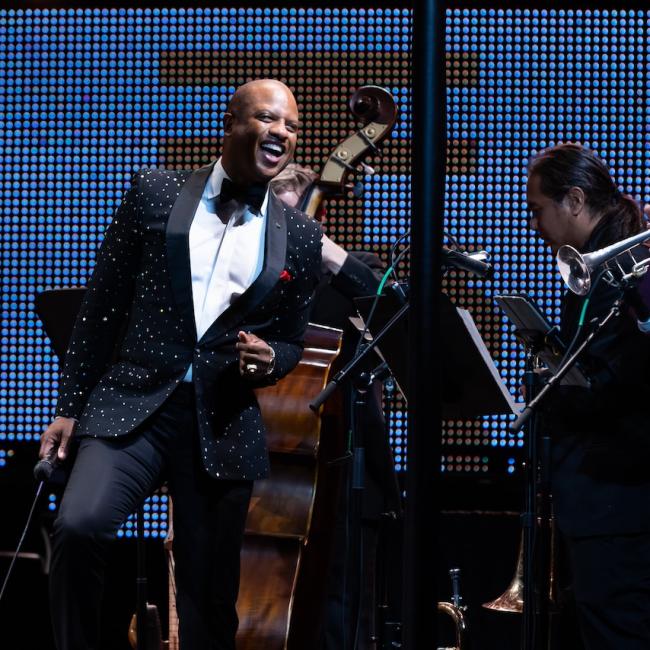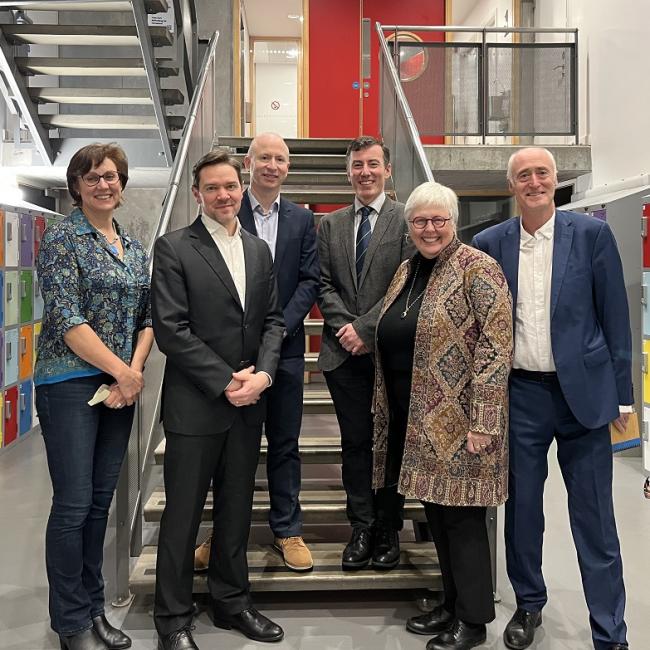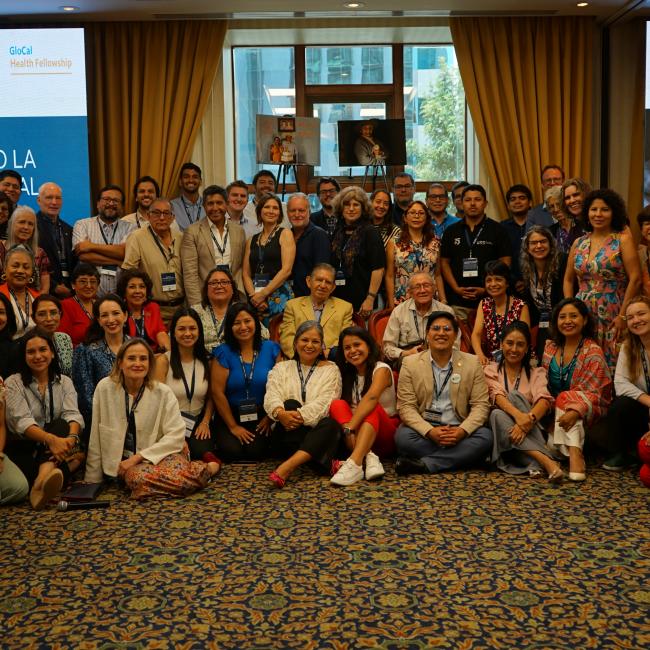Innocence Amidst Turmoil: A Resolve for Peace in Ethiopia and Beyond
In this perspective, Atlantic Fellow Beniam Danile Darge delves into the harrowing impact of violence-induced trauma on brain health, exemplified through the poignant story of a young boy amidst conflict in Ethiopia.

Abdu was a spirited three-year-old who reveled in the simple joys of childhood play. His mother often found herself weaving through their village in the Amhara Region of Ethiopia, calling him to meals multiple times a day amid his laughter and games—a testament of normalcy for their modest yet contented family.
War at the Doorstep
Their serene world turned upside down about three years ago when the tumult of war seared through their community. Two of Abdu's older siblings ran away to safety, but his mother and him had to stay back because she had to look after her sick father and sister. The father was in his late seventies and her sister in her forties. Both have been sick for a while but could not get any treatment as there was no movement or transportation for months due to a conflict in the area.
Abdu’s mother remembers her father had difficulties with memory, and barely moved from his bed which was worsening over the years. The sister was also fully dependent. They both chose not to flee because they thought they would slow down the group. Her father also was not willing to leave behind his house and farm, which he built over his lifetime. He chose to rather die with it.
The fighting soon reached their doorstep. Armed men entered their home and took all their food. Their house and farm were located between two hills, a strategic location that both sides fought heavily to control. The noise from the heavy weapons was terrifying. Abdu and his mother, unable to flee, waited in fear. Abdu, too young to understand, could only cry. His aunt and grandfather died within days of each other because they couldn't get any help or food. His mother and he could do nothing but wait for help, which only arrived when the fighting moved on, and someone came to bury the bodies.
An overwhelming amount of evidence attests to the enduring scars of such conflicts especially with early exposure—shadows that extend to mental afflictions and somber prospects in later years including increased risk for dementia.
—Beniam Daniel Darge, Atlantic Fellow for Equity in Brain Health
The Cost of Conflict
I met Abdu and his stoic mother a year later; the fighting had stopped. My role as a mental health and psychosocial support counselor with a humanitarian mobile health team bringing me face to face with their undiminished grief. Abdu was a shadow of his former self, his tears a constant stream, his world confined to the cradle of his mother's back, her presence his only solace. He was extremely hyper-vigilant and in a constant state of fear. The mother no different but had to stay strong despite losing her family and worries about the fate of her youngest child.
Their narrative is but a single thread in the tapestry of conflict's devastation, echoing the dread that conflict etches on societies. Their story tells the ugly face of conflicts on the most vulnerable, including women, children, the ill, and the elderly. An overwhelming amount of evidence attests to the enduring scars of such conflicts especially with early exposure—shadows that extend to mental afflictions and somber prospects in later years including increased risk for dementia.
A Call for Compassion
As champions for global brain health, we, who convene under the banner of equity, must raise our voices against the relentless drum of violence worldwide. I call for compassion and support for all those affected by conflict, regardless of political affiliations. Let us focus on providing humanitarian aid, healthcare, and support to rebuild shattered lives and communities.
I implore my global peers to join me in this clarion call for compassion. Let us stand together in solidarity, offering hope and assistance to those in need. Together, we can make a difference in the lives of countless individuals like Abdu and his family, fostering a brighter and more compassionate future for all.
*The actual names and identifiers in the story have been intentionally changed.
Authors

Beniam Daniel Darge, MSc
Mental Health Professional





